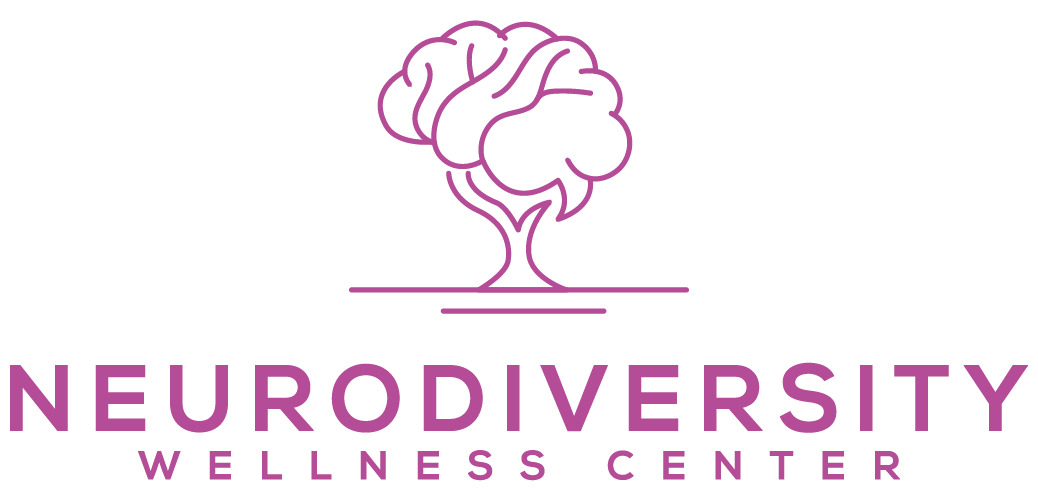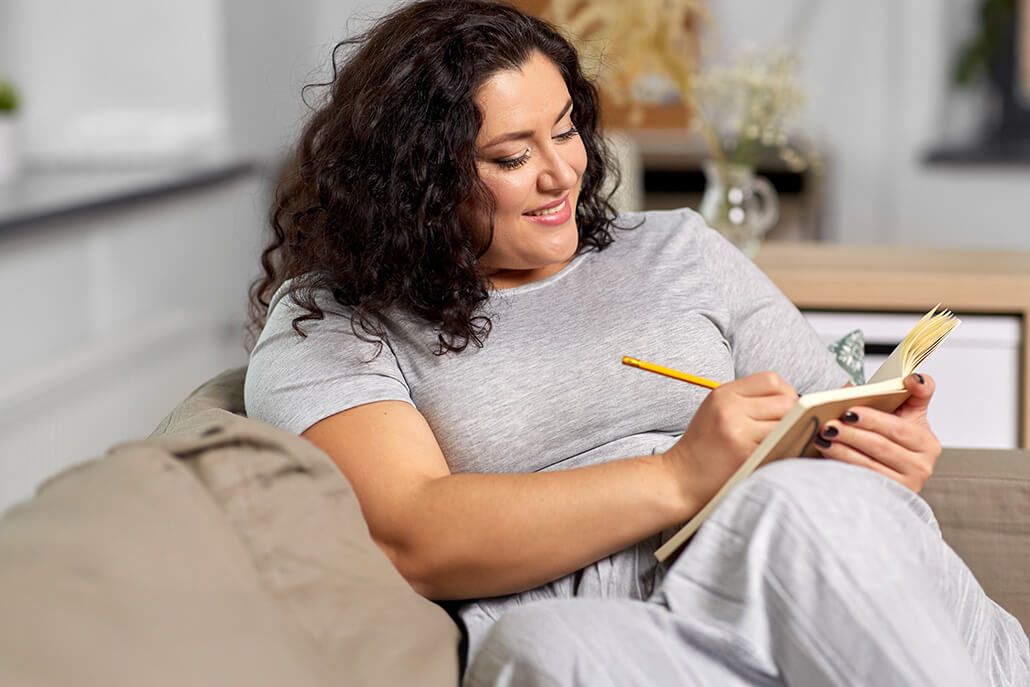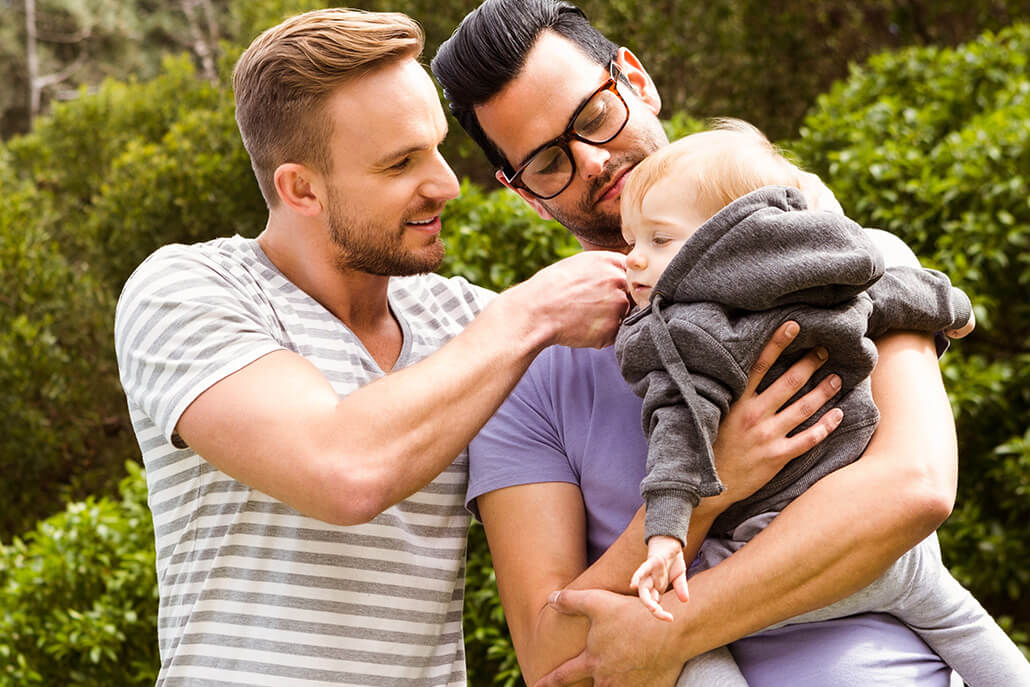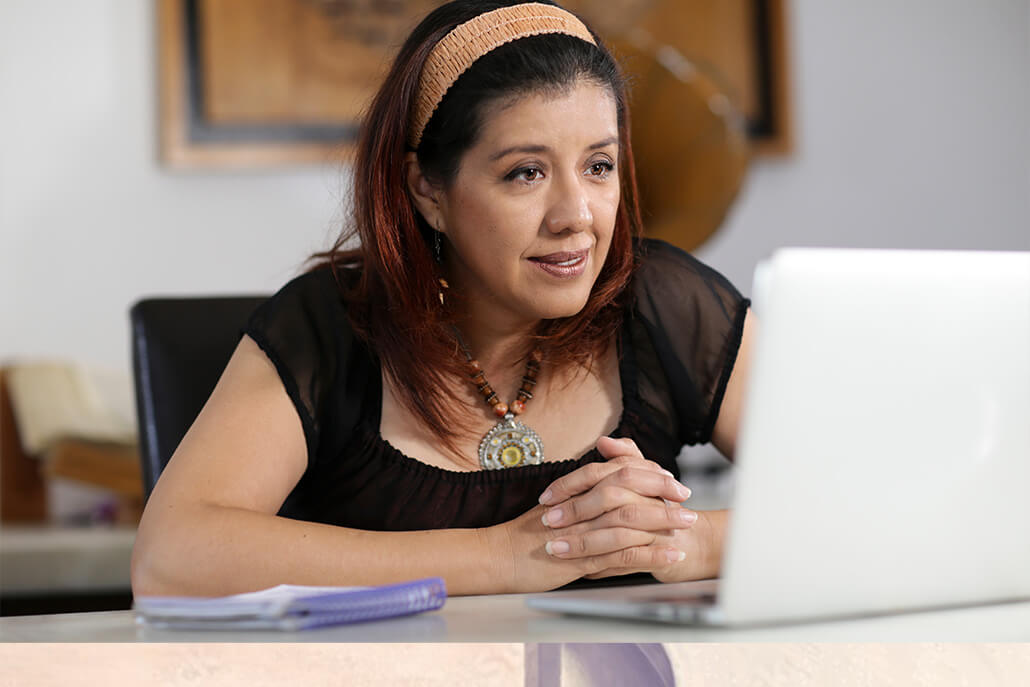You love your autistic partner and want a mutually supportive relationship. You crave to feel seen and understood by your neurodivergent partner. However, it can often seem like things get “lost in translation,” leading to conflicts and misunderstandings. Sometimes, you might feel that neither of you is communicating effectively. You both end up feeling hurt, confused and like the other does not fully understand your intentions or needs. You might feel disconnected from one another. Maybe your partner already knows they’re autistic or neurodivergent, or maybe you’re just figuring it out. You’re not sure what the “right thing” to do is to support your neurodiverse relationship or marriage.
You may feel overwhelmed by taking on more responsibilities in the relationship or with your kids. It might be difficult to balance supporting your family with meeting your own needs, resulting in burnout. You might get stuck in patterns where you blame each other. Pointing the finger at each other doesn’t feel good to either of you. Ultimately you don’t feel like a team. This leads you to wonder how best to support your relationship and yourself.
One option to consider is individual therapy as the non-autistic partner. Individual therapy can provide you with a supportive space to process your feelings, thoughts, and experiences related to your relationship challenges. It provides an opportunity for self-reflection and personal growth. It can allow you to pinpoint your needs and provide you with communication skills to speak for your needs and feelings so that your partner will be more open to hearing and understanding you. The therapist will also provide you education on autism and neurodivergence to help you better understand your partner and improve connection. Individual therapy for yourself can ultimately improve your relationship with your neurodivergent partner.





